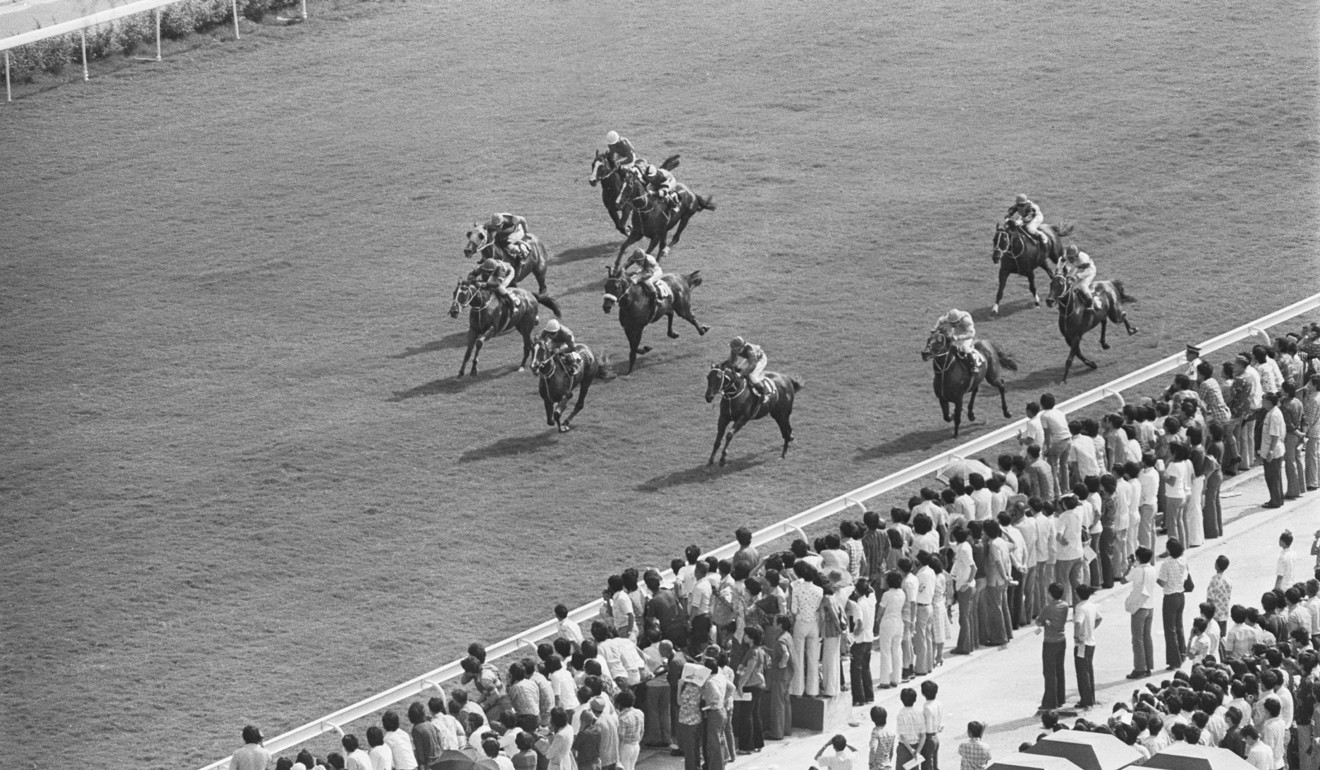
Excessive executions, a Red Army blacklist and a house on The Peak for ‘only’ HK$4 million: headlines from four decades ago
A journey back through time to look at significant news and events reported by the South China Morning Post from this week in history
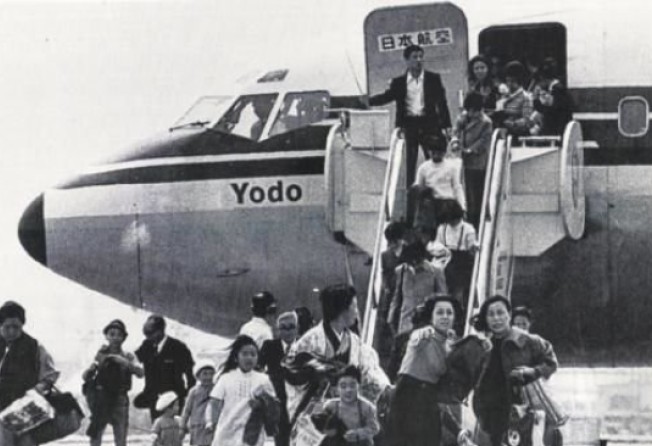
Before Hong Kong’s property prices went through the roof, a house on The Peak cost less than HK$4 million, according to news reports from four decades ago this week. Meanwhile, the issue of Hong Kong returning to Chinese rule was brushed aside as insignificant when it was raised by the local business community. Over in mainland China, authorities warned against the imprudent handing out of the death penalty in provinces across the country.
November 27, 1977
• A senior Chinese official in Hong Kong was reported to have, yet again, relegated to insignificance the question of the New Territories lease, which was due to expire in 20 years. It was reported that China had given explicit reassurances that it wanted the colony to maintain its status quo, regardless of the lease.
• Jockeys who rode at the previous day’s Happy Valley race meeting complained to the stewards of the Royal Hong Kong Jockey Club about the dangerous state of the track. Hong Kong champion jockey Australian Gary Moore and world-famous English rider Joe Mercer took nasty falls when their horses tumbled in two separate races. The animals were later destroyed.

November 28, 1977
• More illegal immigrants were caught trying to enter Hong Kong than at any time since the repatriation policy began two years ago. So far that year, police and army patrols had captured 1,662 refugees, compared with 828 for the whole of the previous year. In the Mirs Bay area, a popular landing site for opportunistic immigrants, marine police and army land patrols found 45 bodies of swimmers who had died trying to reach Hong Kong.
• Director of Fire Services F.M. Watson warned parents to keep matches and other flammable material away from young children if they were to be left alone at home. The warning came in the wake of Saturday’s fire in Aberdeen in which three young children burned to death after being locked in a flat by their parents.
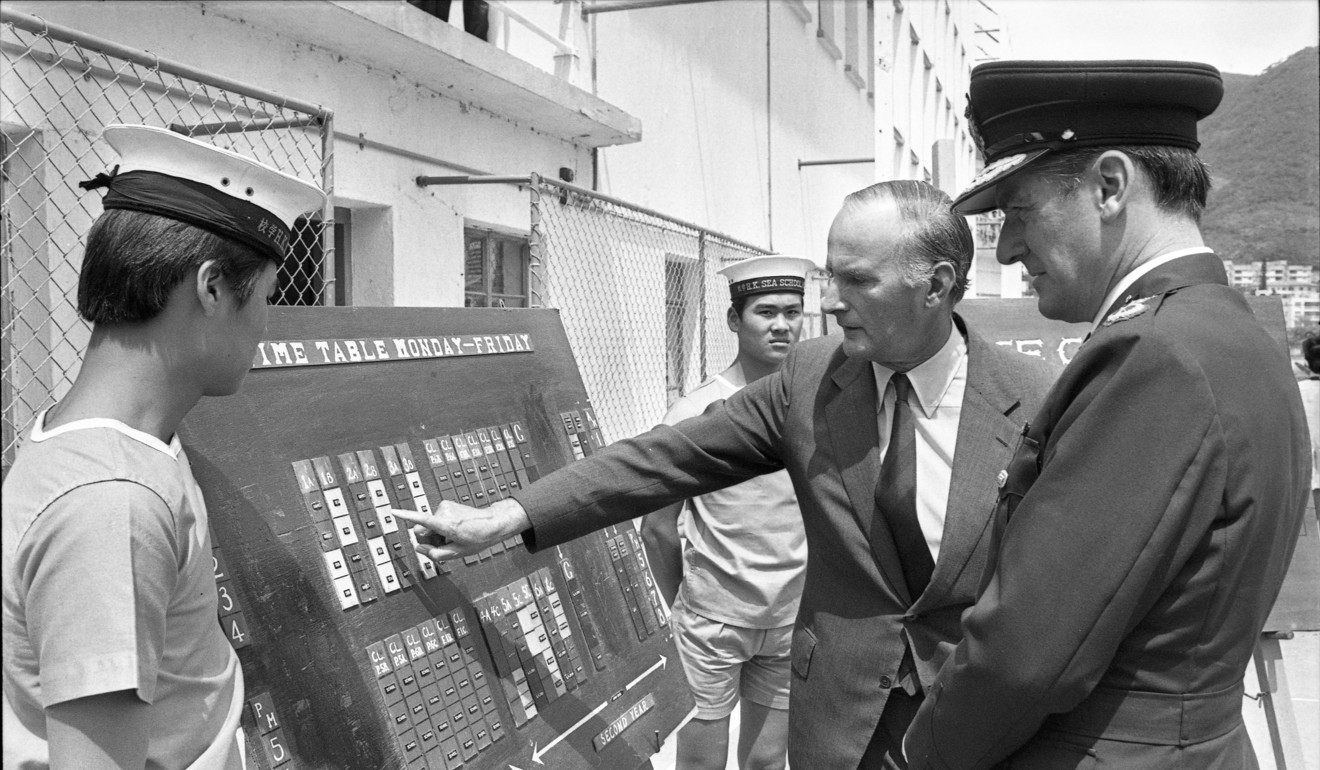
November 29, 1977
• Too many people were being executed in the provinces, mainland Chinese authorities warned as the powerful Public Security Ministry urged provincial leaders to exercise prudence and moderation in handing out the death penalty. In late October, 10 people were executed in Beijing for common law crimes while another 23 were sentenced to death in Kunming.
• A Green Paper published the previous day recommended that the government should spend more than HK$130 million in the next five years to try to reduce delinquency. The document proposed that services be expanded in three areas – the school, places youngsters were likely to frequent, and the family.
November 30, 1977
• The Urban Council’s HK$760,000 “white elephant” – a projection dome it no longer wanted for its planetarium – had been sitting in an air-conditioned West German warehouse eating up taxpayers’ money in storage costs for more than two years. The council ordered the dome in May 1974 without calling for tenders and in the previous September, it decided to purchase a better dome and bought one from another manufacturer.
• Japan Airlines officials at Kai Tak airport had, in their possession, a blacklist of Japanese Red Army terrorists and other potential hijackers. The blacklist, with photographs and personal descriptions, was provided by JAL’s head office in Tokyo as part of its strict security campaign.
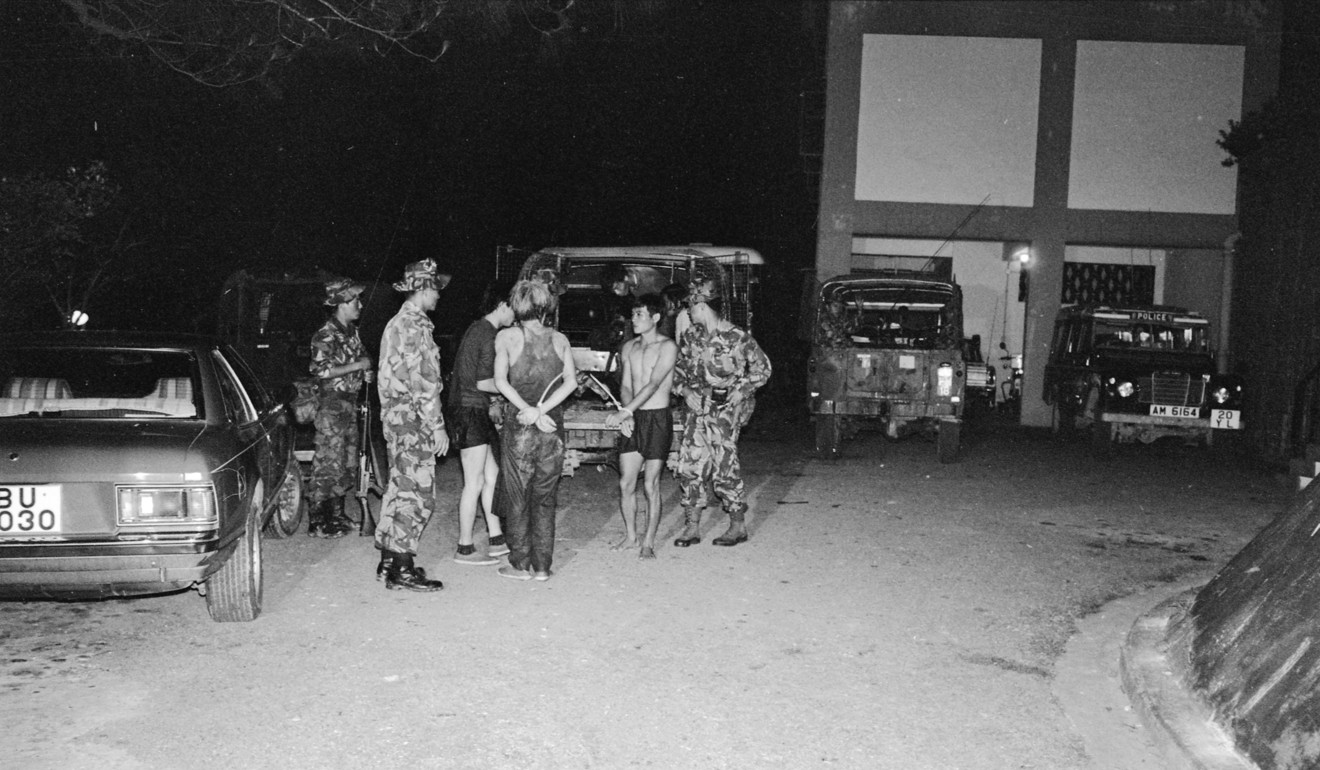
December 1, 1977
• A two-storey house on The Peak was sold for HK$3.95 million in a public auction the previous day. The property at 15 Bluff Path was bought by property businessman T.H. Wang. The house was on a 15,820 sq ft site and had a gross floor area of 3.577 sq ft. Bidding for the property began at HK$2 million.
• Australia today rejected a demand from Hanoi for the return of all 181 people – 157 of them Vietnamese refugees – on board a Vietnamese trawler seized near Ho Chi Minh City and brought to Darwin. There was growing pressure across the political scene in Canberra that the entire shipload should be sent back to Vietnam and all future refugees arriving from Southeast Asia by boat should be stopped.
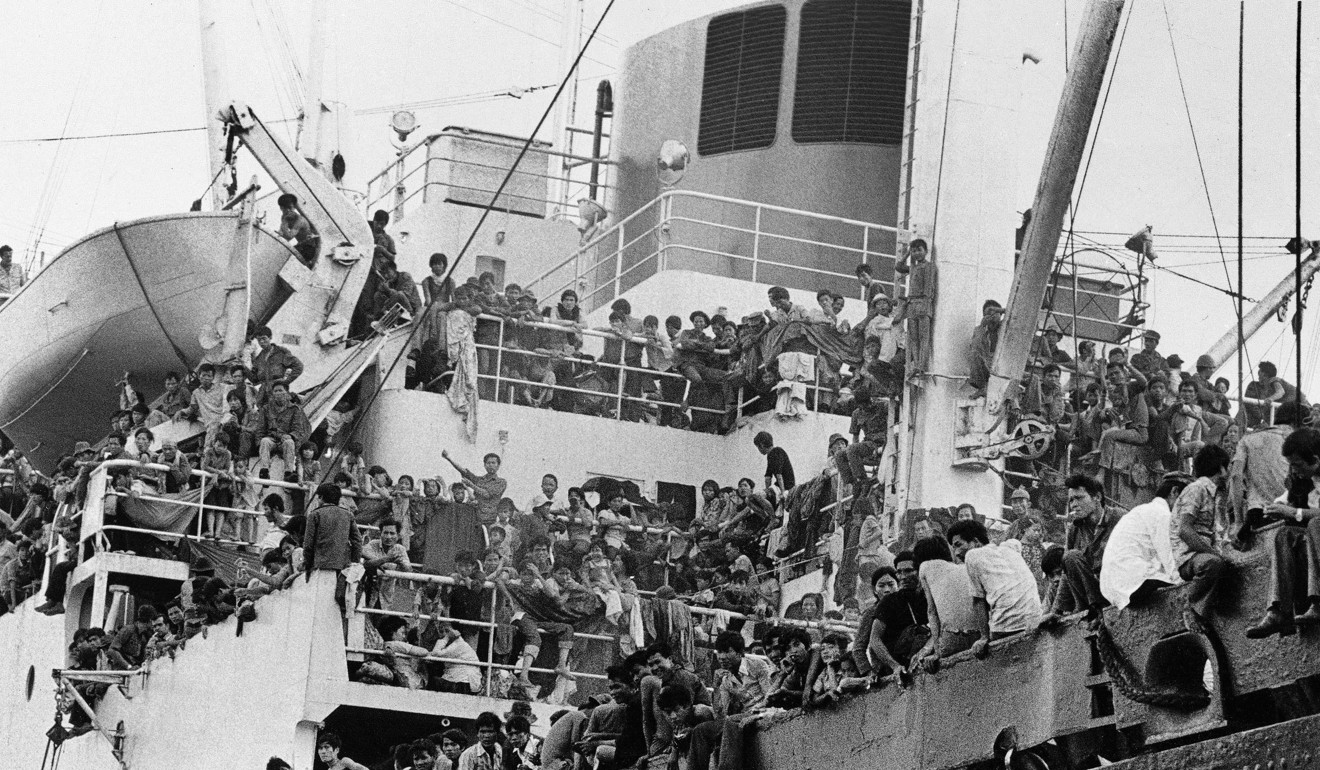
December 2, 1977
• Television Broadcasts Ltd was given a HK$500,000 seven-part drama series to air free of charge after it refused to share the production costs. The series, expected to become one of the top 20 programmes in Hong Kong, had been paid for with public money and made by the Independent Commission Against Corruption (ICAC). The drama, called ICAC, revolved around two young investigators solving corruption cases around town.
December 3, 1977
• The local Indian community launched an appeal for cash and assistance for victims of a tidal wave that claimed 20,000 lives and left three million people homeless on the southeast coast of India the month before.
Remember A Day looks at significant news and events reported by the Post during this week in history